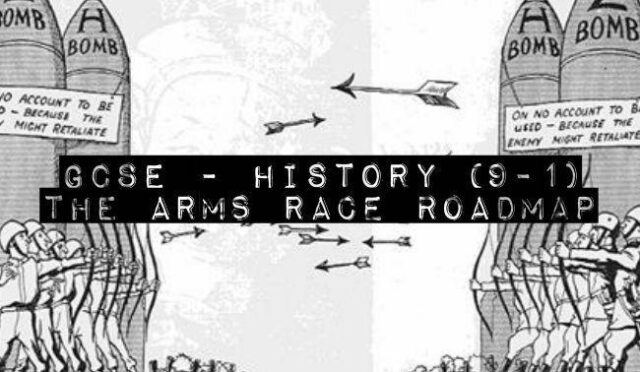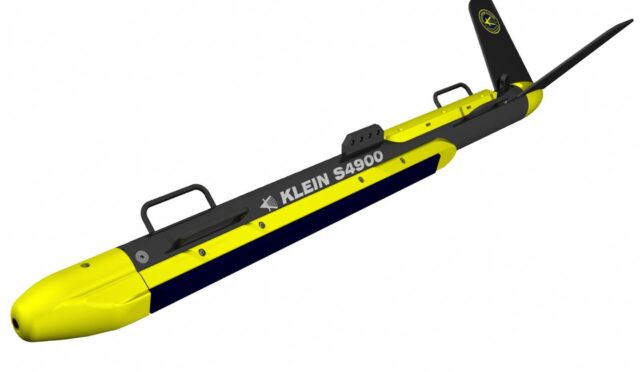Iran’s Warning to Europe
Iran issued a stern warning to European powers on Friday regarding their support for a forthcoming draft resolution at the International Atomic Energy Agency (IAEA). The Iranian government labeled the potential move as a “strategic mistake,” emphasizing the consequences of aligning with such a resolution.
Abbas Araghchi, Iran’s Foreign Minister, took to social media to express displeasure over what he described as malign actions by the E3—comprising Britain, France, and Germany. He cautioned these nations against underestimating Iran’s resolve, stating, “Iran will react strongly against any violation of its rights.” This statement reflects Iran’s mounting dissatisfaction amid international tensions.
Concerns Over the Upcoming IAEA Resolution
The backdrop to Iran’s warning is the impending IAEA Board of Governors meeting, where the three European nations are expected to support a resolution condemning Tehran for not meeting its nuclear commitments. A diplomatic source revealed that this resolution could pose a significant threat, including a potential referral to the UN Security Council if Iran does not demonstrate goodwill.
Araghchi defended Iran’s record of cooperation with the IAEA, arguing that the country has consistently engaged in open dialogue. He pointed out that previous resolutions had cleared the notion of a ‘possible military dimension’ in Iran’s nuclear program, asserting that recent accusations stem from “shoddy and politicized reporting.” This reflects Iran’s frustrations with what it perceives as unjust criticism from the international community.
IAEA Report and Iran’s Response
In the recent IAEA quarterly report, concerns were raised about Iran’s apparent lack of cooperation and the existence of undeclared nuclear materials. However, Tehran dismissed these claims as politically charged and attributed them to documents supposedly fabricated by Israel, long considered Iran’s primary adversary.
Iran’s diplomatic landscape is complicated further by indirect negotiations with the United States, which have been ongoing since April. These discussions aim to forge a new nuclear agreement between the two nations, which have had a tumultuous history regarding nuclear capabilities and compliance.
The Standoff Over Uranium Enrichment
Central to the ongoing negotiations is the contentious issue of uranium enrichment, which is crucial for both producing nuclear fuel and for potential military applications. Iran maintains that it has the right to enrich uranium under the Nuclear Non-Proliferation Treaty, categorically deeming this matter non-negotiable.
Conversely, former President Donald Trump recently proclaimed on social media that the United States would not allow any uranium enrichment by Iran, signalling ongoing friction between the nations. The nuclear deal that previously existed was abandoned in 2018, with subsequent sanctions imposed by the U.S. leading Iran to roll back on its commitments.
Current State of Iran’s Uranium Enrichment
As of now, Iran enriches uranium to 60% purity, noticeably exceeding the 3.67% limit set by the 2015 agreement, yet falling short of the 90% required for nuclear weaponry. This development raises alarm among international observers who worry about the implications of Iran’s advancing nuclear program.
IAEA chief Rafael Grossi emphasized in a Financial Times interview that while Iran currently lacks a nuclear weapon, it possesses the necessary material to build one. He alluded to the potential for significant destabilization in the Middle East should Iran decide to pursue nuclear armament.
Military Threats and Future Implications
Grossi also raised concerns that failure in the ongoing nuclear talks could lead to military action against Iran, a sentiment echoed by both the United States and Israel. The looming threat of conflict underscores the urgency of these diplomatic discussions, which seek to avert a military crisis.
As discussions continue, Britain, France, and Germany, all signatories of the 2015 nuclear deal, are contemplating whether to activate a “snapback” of UN sanctions. This mechanism, which allows for the reinstatement of sanctions in the event of violations, will expire on the deal’s 10th anniversary in October, marking an imminent deadline that could influence the trajectory of negotiations.







